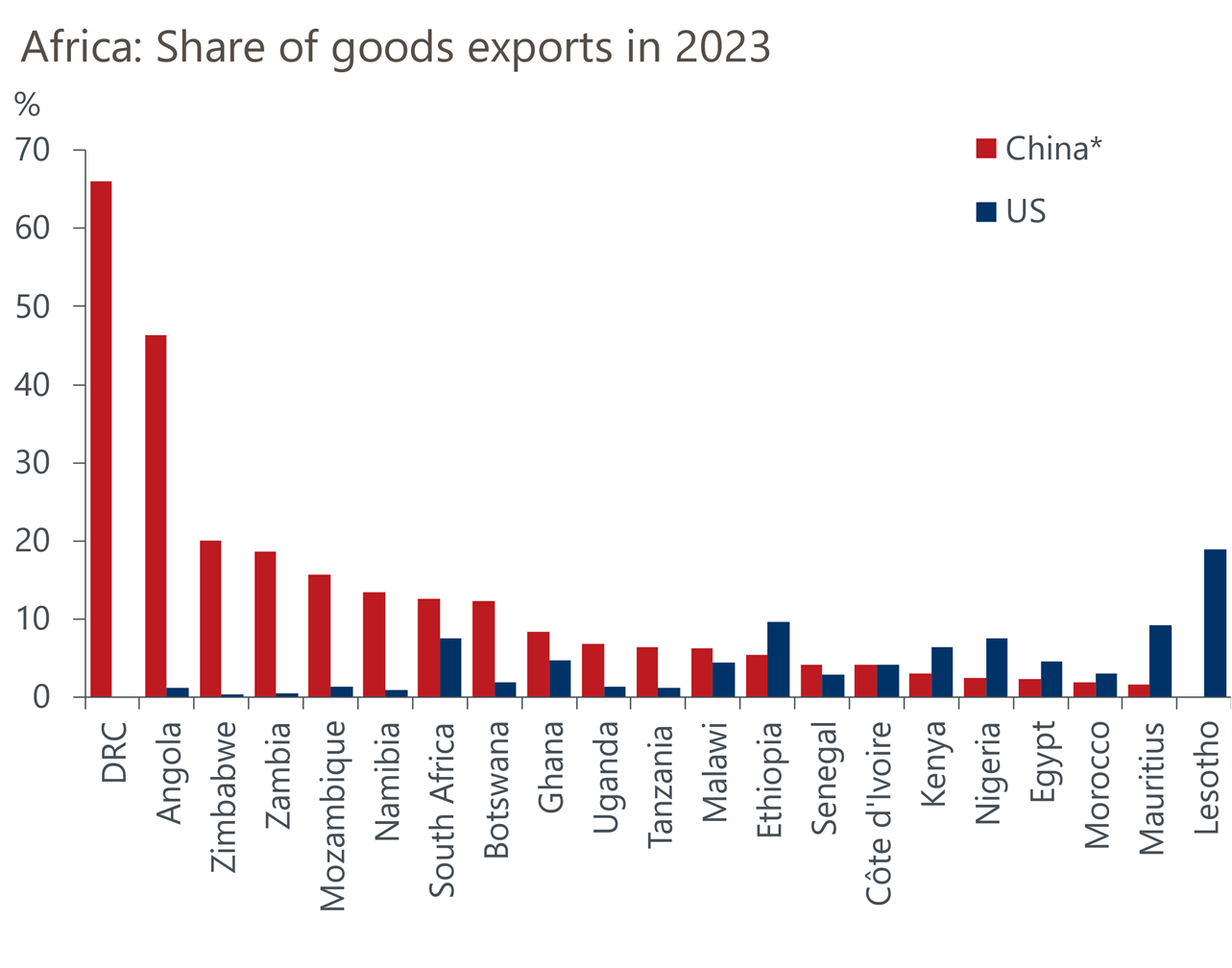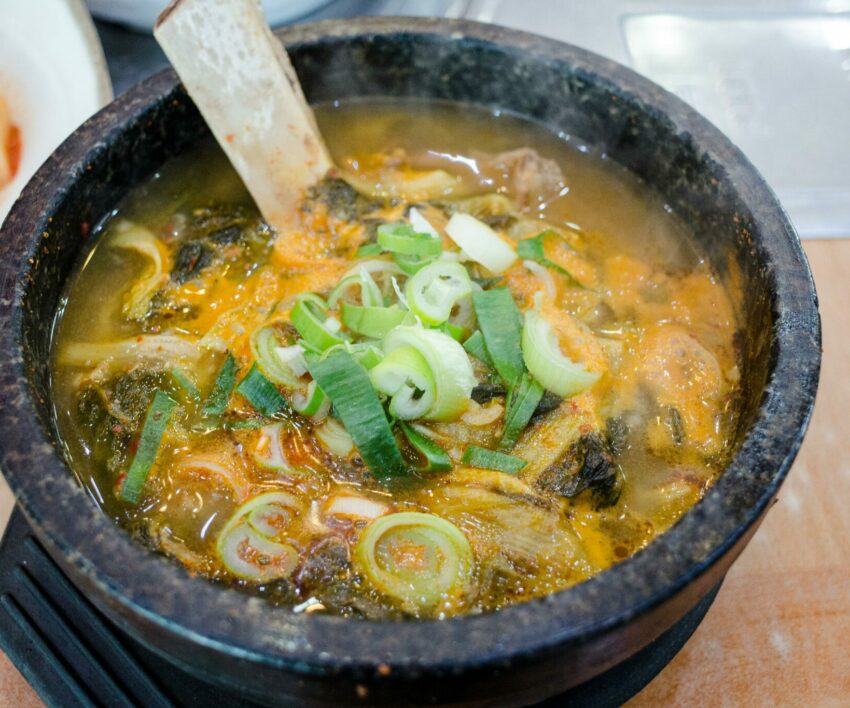While the US is alienating other countries with high import tariffs, China is making friends in Africa by scrapping most import tariffs.
While the rest of the world is sidetracked with the unrest in the Middle East and US President Donald Trump’s on-again, off-again import tariffs, China made a clever trade deal with Africa to remove tariffs on most African exports.
This not only boosts its trade potential, it also expands Beijing’s influence.
Brendon Verster, economist at Oxford Economics Africa, says as the US retreats and turns its focus inward, China’s economic incentives deepen ties, reinforcing it as Africa’s key partner. “This shift may weaken the US’s leverage and reshape global alliances in China’s favour, despite risks from its slowing economy.”
Last week, China announced plans to eliminate all tariffs on imports from 53 African sovereign states it maintains diplomatic ties with. Eswatini is the only exception due to its recognition of Taiwan’s sovereignty.
The Changsha Declaration on Upholding Solidarity and Cooperation of the Global South advances the full implementation of the Beijing Declaration reached in September 2024, which in turn aims to “jointly build an all-weather China-Africa community with a shared future for the new era,” Verster says.
“The move can be considered a push by Beijing to capitalise on the chaos caused by Trump’s ‘Liberation Day’ tariffs. Although the agreement text does not mention him by name, it does note that the parties agree that the frequent occurrence of unilateralism, protectionism and economic bullying has created severe difficulties for the economic and social development and the improvement of livelihood in African countries and other developing countries.”
ALSO READ: China risks its moral high ground in escalating trade tensions
China rather wants to resolve disputes
Verster points out that in addition, the declaration states that the parties “call on all countries and the US in particular, to return to the right track of resolving trade disputes through consultation based on equality, respect and mutual benefit.
“The new zero-tariff pledge marks a pronounced expansion of China’s previous trade policy announced last year, which removed tariffs on imports from 33 countries globally that are deemed the least developed.
“Moreover, the continent’s most underdeveloped economies, which already have full access to the Chinese market, will receive additional assistance to bolster their exports. These include measures on market access, inspection and quarantine and customs clearance.”
Before the latest announcement, Chinese trade already dominated across Africa. Among the continent’s major economies, the Asian giant outstrips the US as an export destination by a significant margin, especially in the DRC, accounting for 66% of goods exports, Angola (46.4%), Zimbabwe (20.1%) and Zambia (18.7%).
ALSO READ: China challenges Trump’s economic ‘bullying’
US ahead of China in some African economies
However, Verster says, the US is still ahead of China in several economies, such as in Lesotho, Mauritius, Morocco, Egypt, Nigeria and Kenya. He also points out that apart from trade, China is almost on par with the US in terms of foreign direct investment (FDI).
According to the United Nations Conference on Trade and Development’s 2023 World Investment Report, FDI inflows to Africa from the US totalled $45 billion in 2021, down from $50 billion in 2017. FDI inflows from China were recorded at $44 billion in 2021, slightly higher than the $43 billion registered in 2017.
This chart shows how China’s trade deal solidifies an already solid position as Africa’s key trade partner:

ALSO READ: SA eyes boost in trade with China at November expo
China’s removal of tariffs has implications for power dynamics with US
Verster says China’s step to remove all tariffs on most African goods has important implications for the continent as well as the evolving power dynamics between the US and China. “From a geopolitical standpoint, China’s move is a long-term bet on African alignment and growth as well as a deepening of its commitment to South-South cooperation.
“The US has been moving away from these policies and China’s removal of tariffs is part of a wider architecture that also includes concessional loans and large-scale infrastructure spending. As Washington turns its focus inward and its engagement in Africa becomes increasingly transactional or conditional, Beijing is stepping in to fill the void with consistent and unconditional economic incentives.”
He says China is entrenching its position as Africa’s most significant economic partner and expanding the continent’s export potential. “The strategic move significantly boosts China’s soft power and trade leverage, especially given the US’s decisions to tighten trade restrictions and cut development funding.
“African countries stand to gain from potential export diversification, increased foreign exchange earnings and closer integration into global value chains. Still, the Chinese economy is losing steam, which could weigh on its import demand.”
ALSO READ: China welcomes Cyril – and tightens ties with 8 agreements
Africa to become major player in critical minerals market
Verster says Africa is also poised to become a major player in the critical minerals market as the world shifts to sustainable practices. “Beijing’s move could be considered an attempt to keep the continent close as the scramble for critical minerals ramps up and China seeks to assert its dominance over these supply chains.”
As China’s trade diplomacy cultivates closer bilateral ties, the broader implication is a gradual decline in US influence in Africa. Verster believes that African leaders might be more inclined to support China’s viewpoints on the global stage, which would diminish Western influence.
“Furthermore, Western attempts to establish international trade regulations or impose sanctions may lose their effectiveness as African economies become more integrated with Chinese supply chains and trade networks.
“In short, Beijing’s zero-tariff policy is not just a trade initiative but a strategic manoeuvre to reshape its alliances with Africa, reduce the US’s leverage and embed China more deeply in the African continent’s economic and political future.”














